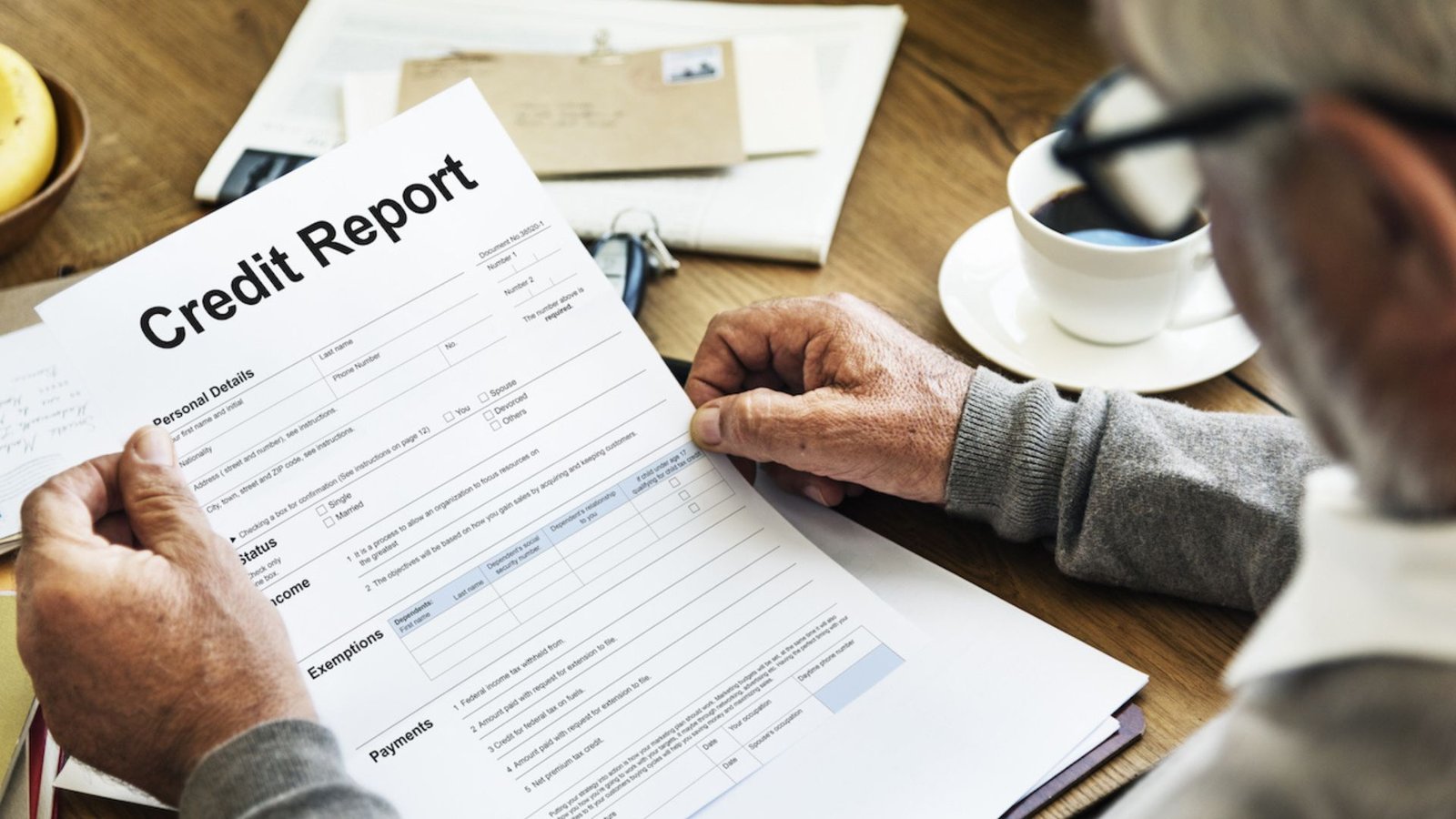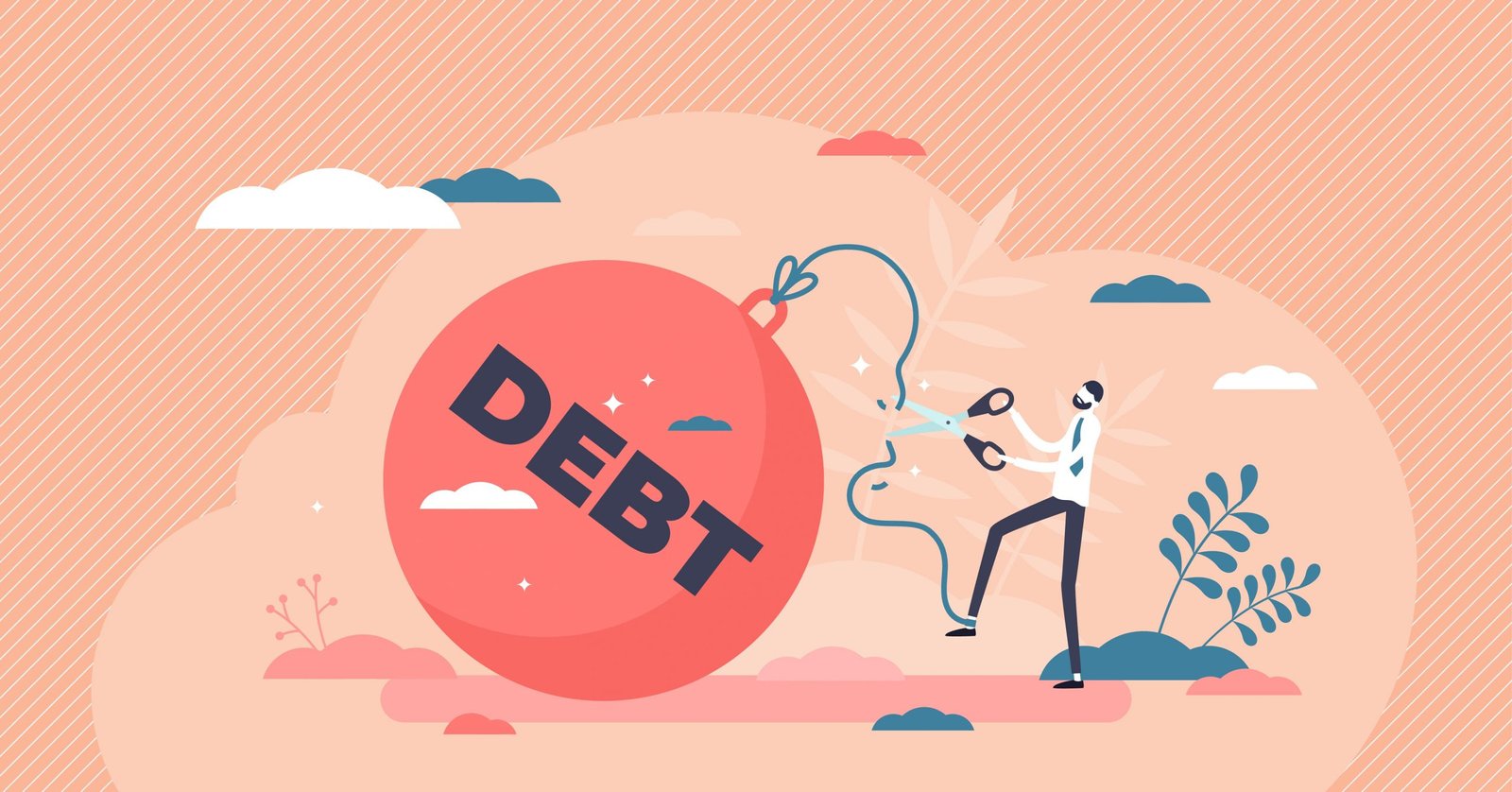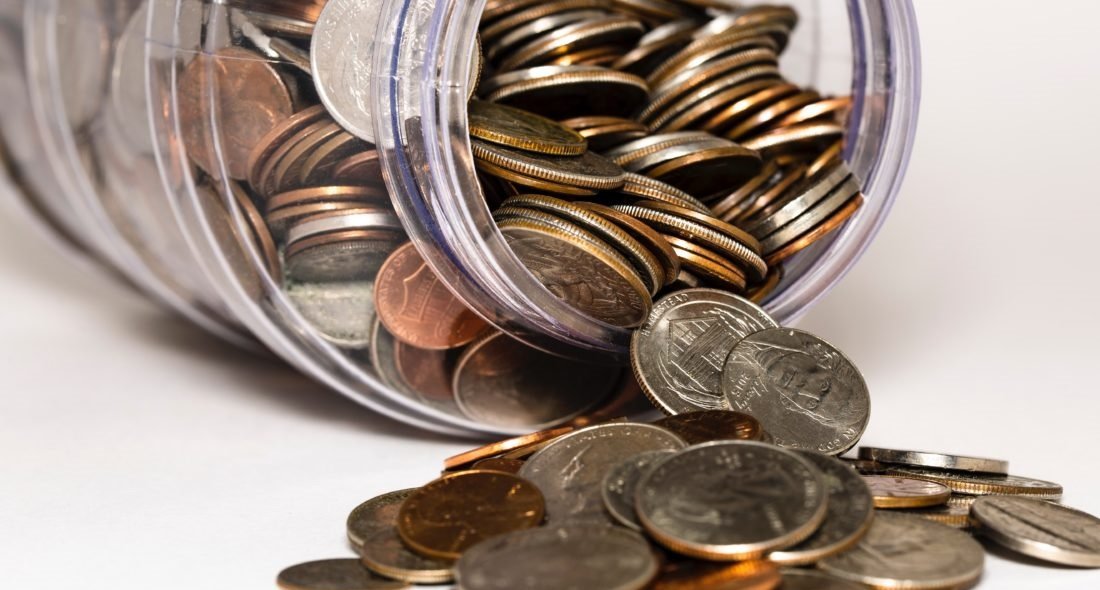In this article, we’ll discuss ways of improving your credit score after debt relief. After successfully paying off your debts, the next step is rebuilding your credit score. A good credit score opens doors to better financial opportunities and provides peace of mind. By making smart financial decisions and following a few strategies, you can improve your credit score and secure a brighter financial future.
1. Review Your Credit Report Regularly
The first step in improving your credit score after debt relief is to check your credit report. Request a copy of your report from major credit bureaus like Experian, Equifax, or TransUnion. Look for any errors, such as incorrect balances or late payments that have been marked inaccurately. Dispute these errors promptly, as they can negatively impact your credit score. Regularly reviewing your report helps you stay informed about your financial standing.

2. Make Timely Payments
Payment history plays a significant role in your credit score. To improve your score after debt relief, ensure that all your bills are paid on time. This includes credit cards, utility bills, and loans. Setting up automatic payments or reminders can help you stay on top of your due dates. Consistently paying on time builds trust with lenders and positively impacts your credit score over time.
3. Keep Credit Card Balances Low
After achieving debt relief, it’s important to manage your credit card balances carefully. High credit utilization can hurt your credit score. Aim to use no more than 30% of your available credit limit. For example, if your credit limit is $1,000, keep your balance below $300. This demonstrates responsible credit use and helps in improving your credit score after debt relief.
4. Avoid Closing Old Accounts
Keeping older credit accounts open can benefit your credit score. The length of your credit history contributes to your overall score, so avoid closing old accounts unless absolutely necessary. Even if you’re not actively using them, having these accounts on your credit report shows lenders that you have a long-standing history of credit management.
5. Apply for New Credit Sparingly
While it may be tempting to apply for new credit after debt relief, be cautious. Each application results in a hard inquiry, which can temporarily lower your credit score. Focus on improving your credit score by managing existing accounts wisely before seeking new lines of credit. When you do apply for credit, choose options with favorable terms that align with your financial goals.
6. Use a Secured Credit Card
If you’re finding it challenging to get approved for a traditional credit card, consider using a secured credit card. Secured cards require a deposit that acts as your credit limit. By using a secured card responsibly—such as making small purchases and paying off the balance in full each month—you can rebuild your credit score gradually and show lenders you’re a trustworthy borrower.
7. Monitor Your Credit Utilization Rate
Your credit utilization rate is the percentage of available credit you’re using. Keeping this rate low is crucial for improving your credit score after debt relief. Check your balances regularly and pay them down whenever possible. Spreading purchases across multiple credit cards, rather than maxing out one card, can also help keep your utilization rate low.
8. Consider Credit Builder Loans
Credit builder loans are specifically designed to help people rebuild their credit scores. These loans work by holding your borrowed money in a secure account until you’ve made all your payments. Once the loan is fully paid, you receive the funds, and the positive payment history is reported to credit bureaus. This method is an effective way to boost your credit score over time.
9. Be Patient and Persistent
Improving your credit score after debt relief is not an overnight process. It takes time, consistent effort, and smart financial habits. Avoid shortcuts or quick-fix schemes that promise immediate results. Focus on making gradual improvements through responsible credit use, and you’ll see your score rise steadily.
10. Educate Yourself About Financial Literacy
Finally, staying informed about personal finance is key to maintaining a good credit score. Learn about credit scores, interest rates, and budgeting strategies to make better financial decisions. By understanding how credit works, you can avoid common mistakes and ensure that your credit score continues to improve in the long run.
Conclusion
In this post, we’ve covered practical ways of improving your credit score after debt relief. From reviewing your credit report and making timely payments to using secured credit cards and staying patient, each step plays a vital role in rebuilding your credit. By following these strategies, you can take control of your financial future and enjoy the benefits of a strong credit score.











One thought on “Ways of Improving Your Credit Score After Debt Relief”
Comments are closed.